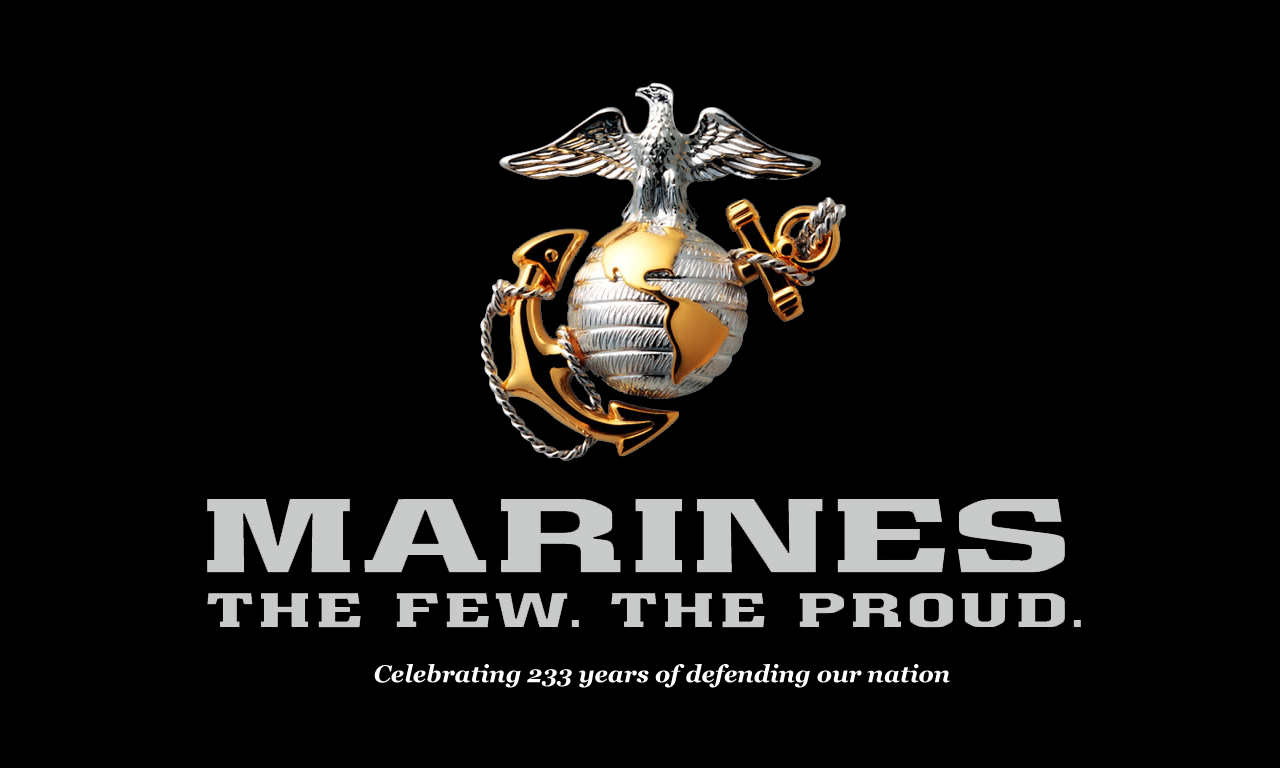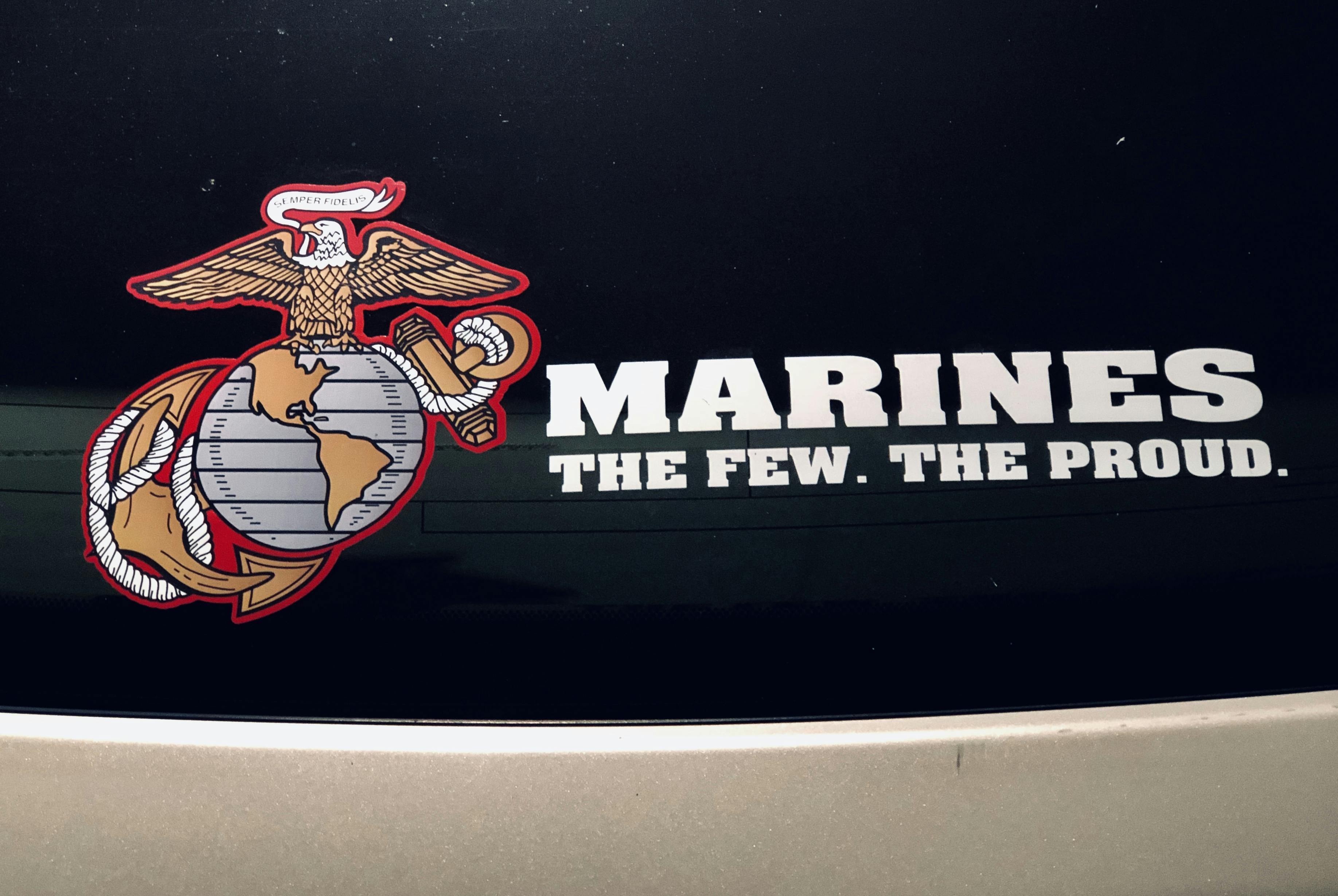
It fits within military and Marine Corps history, as well as gender history, and provides an important contribution to these fields.” -H-War “ How the Few Became the Proud offers a well written and deeply researched study of how ‘the Corps made it mean something to be a Marine.’ Readers interested in the history of the Corps will find much to enjoy in this book.” -The Journal of America’s Military Past “ How the Few Became the Proud is a welcome addition to the historiography of marines and, more widely, the US military.” -Global Maritime History “The year 2025 will mark the 250th birthday of the United States Marine Corps, so a close look at how this service developed its distinctive elite identity offers a fascinating lens through which to view two and a half centuries of American military history. If the history of what gave Marines their distinction from the other branches interests you, and how that distinction was portrayed, this book is worth looking into.” -Spotter Up “Venable’s book is filled with myriad details about the Corps’ operational history that taken alone make it an exceptional read.” -War on the Rocks “This book makes a compelling case for nineteenth-century origins to contemporary Marine Corps image and identity. How the Few Became the Proud should be considered a standard source from which to learn.” -War on the Rocks “This book has a strong focus on the actions of the recruiting bureau, how the designs and changes this bureau made influenced and impacted the Corps, and society’s perception of the Corps…. The Marine Corps needs leadership that can do both, and it needs educators who can and are not afraid to use analytical tools like gender to teach them how.

Venable’s book teaches that what has kept the Marine Corps in existence is winning on the battlefield and developing and maintaining positive relationships with the society it serves through advertising and public relations. Neimeyer, Ph.D., Author of War in the Chesapeake, Fleet Support Program, Naval War College “Heather Venable’s new book, How the Few Became the Proud, is a prime example of a book that uses gender effectively as a tool to better understand military culture…. A must read for all students of Marine Corps history.” - Charles P. Venable's research demonstrates that not only did the Corps have to convince the American public they had changed, but they also had to convince themselves. Wineman, professor of military history, Marine Corps University “Heather Venable has written a well-researched cultural history on the evolution of the Marine Corps from being an outmoded 19th century anachronism to its inception in the early 20th century as one of the nation's elite fighting forces. “Well balanced and thoroughly researched, Heather Venable’s study offers crucial new insight into how the United States Marine Corps truly shaped its institutional identity and made itself a permanent fixture in the nation’s defense and the loyalty of its citizens.” ––Bradford A. Although there are countless works on this hallowed fighting force, How the Few Became the Proud is the first to explore how the Marine Corps crafted such powerful myths. This led them to celebrate themselves as superior to soldiers and sailors. They began to justify their existence by invoking their institutional traditions, their many martial engagements, and their claim to be the nation's oldest and proudest military institution. Rather than look forward and actively seek out a mission that could secure their existence, late nineteenth-century Marines looked backward and embraced the past. The process by which a maligned group of nineteenth-century naval policemen began to consider themselves to be elite warriors benefited from the active engagement of Marine officers with the Corps’ historical record as justification for its very being.


This work argues that the Marine Corps could not and would not settle on a mission, and therefore it turned to an image to ensure its institutional survival.

As neither a land-based organization like the Army nor an entirely sea-based one like the Navy, the Corps' missions overlapped with both institutions. It did not yet mean something distinct to be a Marine, either to themselves or to the public at large. For more than half of its existence, members of the Marine Corps largely self-identified as soldiers.


 0 kommentar(er)
0 kommentar(er)
